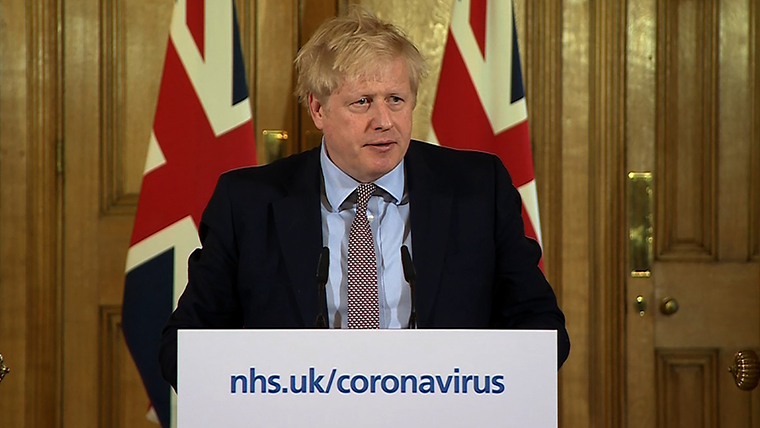A novel coronavirus vaccine trial in the US has now given a dose to its first participant, the National Institute of Allergy and Infectious Diseases announced Monday.
The study aims to enroll a total of 45 healthy adults over a six-week time frame. Each participant will receive two injections about a month apart in varying doses.
The study, which is a Phase I trial, is meant to establish that the vaccine is safe and induces a desired response from participants' immune systems. Proving that the vaccine is effective in preventing COVID-19 infection, however, will require follow-up studies involving many more participants, which will take many more months, experts say.
“Finding a safe and effective vaccine to prevent infection with [the novel coronavirus] is an urgent public health priority,” NIAID Director Dr. Anthony Fauci said in a statement Monday. “This Phase 1 study, launched in record speed, is an important first step toward achieving that goal.”
The trial is funded by NIAID and run out of the Kaiser Permanente Washington Health Research Institute in Seattle. The vaccine, which uses genetic material called messenger RNA, was developed by NIAID scientists in collaboration with the biotech company Moderna.
The agency credited the speed with which it stood up a Phase I trial to its prior studies on related coronaviruses SARS and MERS. Scientists had previously worked on an experimental MERS vaccine targeting a protein on the virus' surface, which gave them a "head start for developing a vaccine candidate to protect against COVID-19," the statement said.



